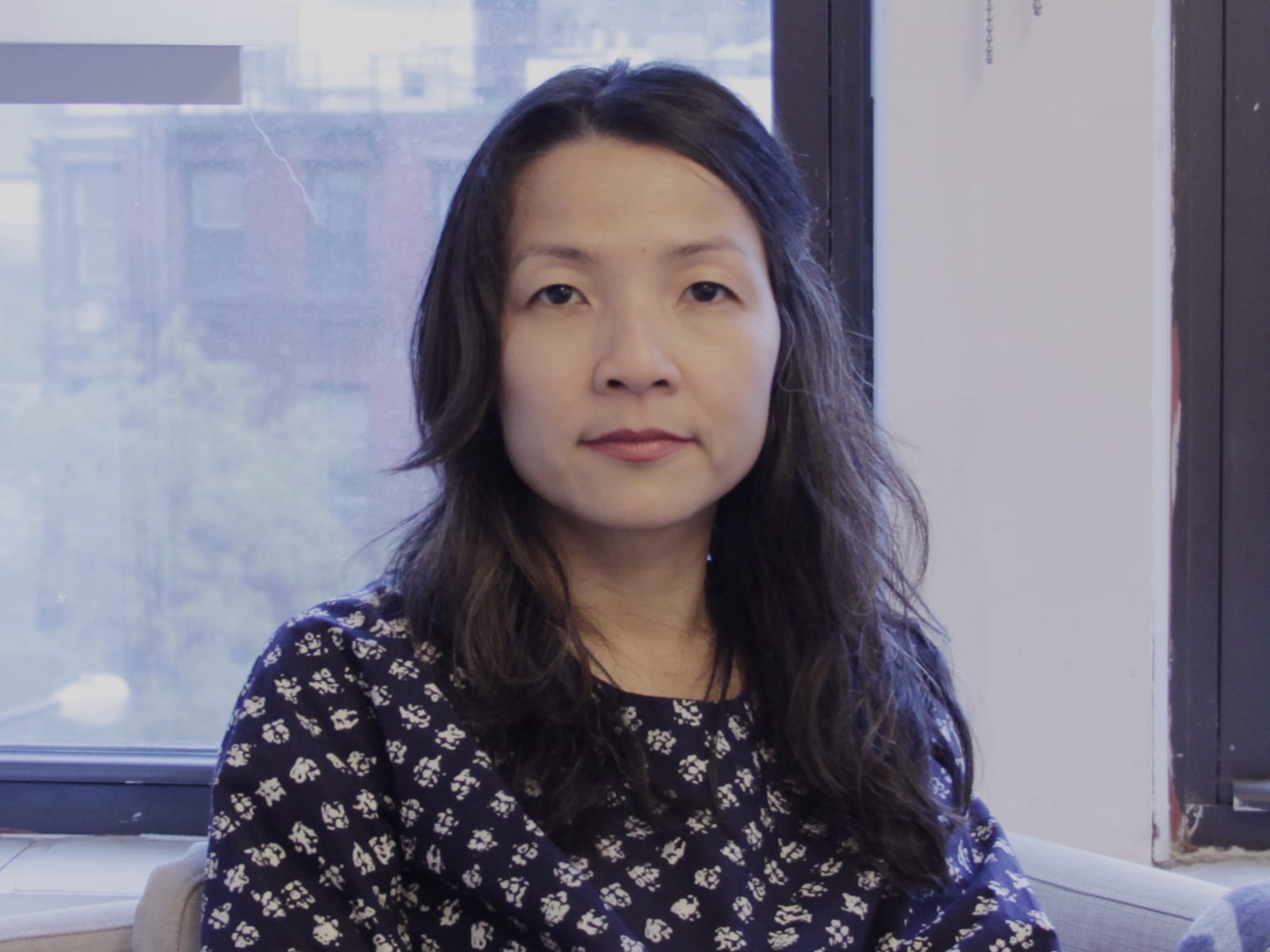
Skin Memories of War: Uncertainty, Opacity, and the Chemical Afterlife of Vietnam
New York University Thuy Linh Nguyen Tu
February 6, 2020 · 4:30 pm—6:00 pm · 010 East Pyne
Program in American Studies

Environmental historian David Biggs has characterized the Vietnam War as a “chemical war,” fought with chemically-saturated explosives and incendiaries, tear gas and firebombs, herbicides and insecticides. While U.S. soldiers have won some recognition for deleterious health effects, the consequences of this broad chemical exposure remain shrouded in a politics of uncertainty. In this talk, Thuy Linh Nguyen Tu offers an account of how Vietnam’s chemical war was recorded on the body’s surface, and how Vietnamese women living with fears of ongoing contamination come to labor with war’s toxic “afterlife.” Drawn from fieldwork at a spa in Saigon, Tu considers how women speculate about historical conditions that “rest” in their bodies, and seek remediation for ailments that appear on their skin, in the absence of medical certainty about what ails them, and without expectations for a “clean” environmental future. Tu makes a case, ultimately, for seeing in our skin a record of the violence of U.S. militarism, which has created ruinous conditions for others to salvage, and has bound Americans and Vietnamese alike in a toxic imbrication.
Thuy Linh Nguyen Tu is associate professor in the Department of Social and Cultural Analysis at NYU. She is the author of “The Beautiful Generation: Asian Americans and the Cultural Economy of Fashion” (Duke University Press, 2011), winner of the Cultural Studies Book Prize from the Association for Asian American Studies and runner-up for the Lora Romero Prize from the American Studies Association. Her most recent book, “Experiments in Skin: Race and Beauty in the Shadows of Vietnam,” (Duke University Press, forthcoming) offers an account of the bio-chemical afterlife of the Vietnam War, through the work of wartime scientists who helped to shore up U.S. military efforts, and the labors of women in contemporary Vietnam struggling to remediate their effects.















